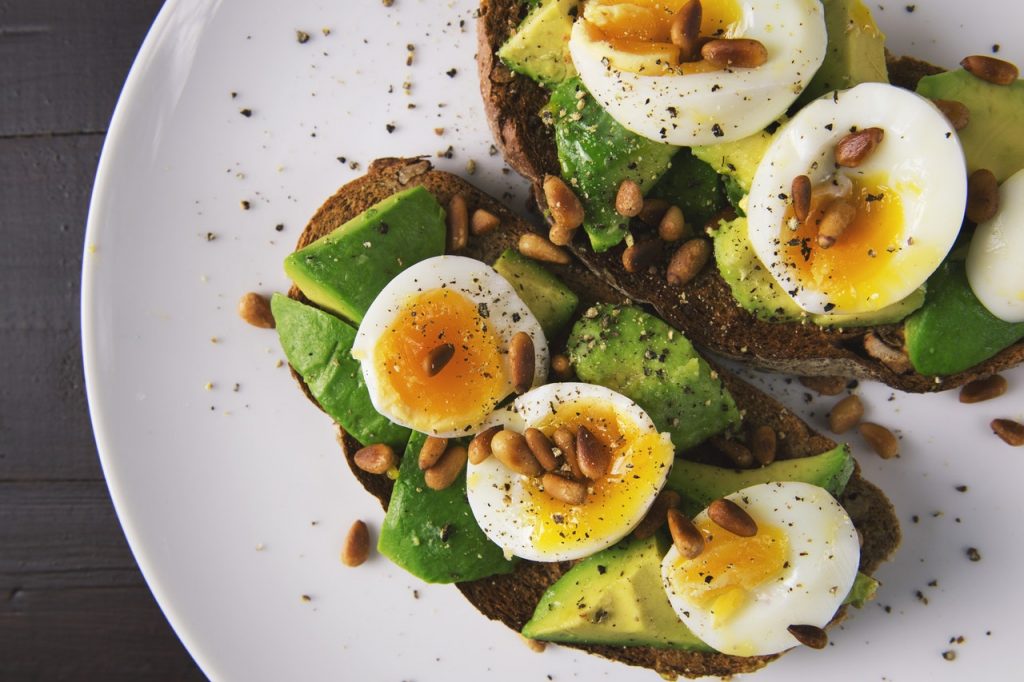In CrossFit® and weightlifting training represents a stressful phase for our body, which requires adaptation on a physical, metabolic and mental level.
The more intense the training, the greater the consumption - by the body - of protein, vitamins, electrolytes and hormonal substances such as dopamine, adrenaline and norepinephrine.
To mitigate the negative consequences of all this and encourage the recovery post-workout it is of fundamental importance to pay attention to two factors: rest ed supply.
Index
What to take after training?
In this article we will focus on some good eating practices to be adopted for support at best our body and accelerate recovery.
- Evaluate the use of supplements, to give a further "push" to post-workout recovery. Among these, the most popular in the field of sports nutrition are: the creatine, an amino acid derivative that reduces inflammation from exercise and accelerates the recovery process. Equally important are the BCAA (branched chain amino acids), taken before and after training, help reduce muscle damage, lactic acid production and stimulate muscle protein synthesis. Also worthy of mention is the magnesium, a mineral that - among other things - relieves muscle pain, limits inflammation and has an energizing action.
- Take water-soluble vitamins - in particular the C vitamin - an extraordinary substance with multiple benefits for our body. Also on the post-training recovery front, high-dose vitamin C demonstrated remarkable effects, in particular thanks to its documented action of lowering of cortisol. This hormone, also called "stress hormone", if present in excess, can in fact reduce muscle tissue and increase visceral fat.
Never underestimate the importance of recovery
In conclusion, to achieve the desired sporting goals, the right attention must be paid to recovery period that follows each workout (a factor often overlooked by many athletes), through adequate rest, a Proper nutrition and targeted integration.
Brody, Preut R, Schommer K, Schürmeyer TH, Psychopharmacology (Berl), 2002 "A randomized controlled trial of high dose ascorbic acid for reduction of blood pressure, cortisol, and subjective responses to psychological stress." //www.ncbi.nlm.nih.gov/pubmed/11862365
J Am Coll Nutr. 2006 "Influence of branched-chain amino acid supplementation on urinary protein metabolite concentrations after swimming." //www.ncbi.nlm.nih.gov/pubmed/16766776
TOROKHTIY OU, 2018 "NUTRITION AND RECOVERY" //torokhtiy.com/blogs/warm-body-cold-mind/nutrition-recovery Accessed 02 April 2019
Clark Shannon, 2018, “8 Ways To Maximize Your Post-Workout Recovery” //www.bodybuilding.com/content/8-ways-to-maximize-your-post-workout-recovery.html
© photo Instagram @carlovittorio_video

